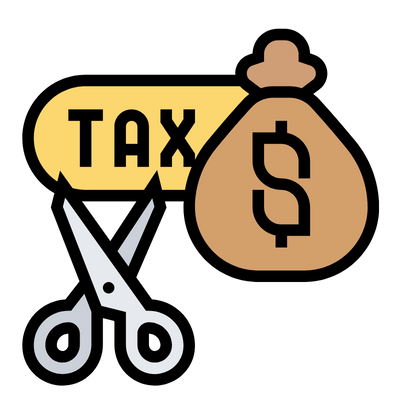7 Effective Ways to Save More Money
- Candy Yap Siau Chein
- Oct 26, 2023
- 3 min read
Updated: Nov 2, 2023
In today's fast-paced and expensive world, saving money has become more important than ever. Whether you want to build an emergency fund, plan for a dream vacation, or secure your financial future, saving money is a crucial step towards achieving your financial goals. If you're wondering how to start saving more effectively, here are seven practical and actionable tips to help you on your journey to financial security:

1. Cut Back on Non-Essential Subscriptions:
In the digital age, we often find ourselves subscribed to various streaming services, online memberships, or subscription boxes. While these may seem like small expenses individually, they can quickly add up and strain your budget. Take a closer look at your subscriptions and identify the ones you can live without. Canceling non-essential subscriptions can free up extra cash that can be redirected into your savings account.

2. Consider Alternative Transportation Methods:
Transportation expenses, especially owning and maintaining a car, can be a significant drain on your finances. Instead of relying solely on your car or using ride-hailing services frequently, consider alternative transportation methods like public transit, cycling, or carpooling. Not only will this save you money on gas, maintenance, and parking fees, but it can also be an eco-friendly choice.

3. Take Advantage of Tax Deductions and Credits: One effective way to reduce your taxable income and keep more money in your pocket is by taking advantage of available tax deductions and credits. Research tax benefits and exemptions applicable to your situation and make sure to claim them when filing your tax return. It's like getting a bonus from the government that you can put straight into your savings.

4. Contribute to a Retirement Account:
Saving for retirement is crucial for long-term financial security. If your employer offers a retirement savings plan, such as a 401(k), take advantage of it by contributing regularly. Many employers even match a portion of your contributions, which is essentially free money for your retirement savings. If you don't have access to a company-sponsored plan, consider opening an Individual Retirement Account (IRA) and contribute consistently to secure your future.

5. Save Up Quarter/Annual Bonuses:
Receiving a bonus can be exciting, and the temptation to splurge on something luxurious is strong. However, to boost your savings, consider saving a significant portion of your bonuses instead of spending them entirely. By setting aside a percentage of unexpected windfalls, you can accelerate your savings and reach your financial goals faster.

6. Use Cash-Back Apps or Credit Cards with Rewards:
Technology has made it easier than ever to save money through cash-back apps or credit cards with reward programs. These apps and cards offer cash-back, points, or discounts on everyday purchases. While using credit cards responsibly is important to avoid debt, taking advantage of these rewards can help you save money on items you'd buy anyway.

7. Pay Off Your Credit Card Balance in Full:
Credit cards can be convenient, but carrying a balance and paying interest can quickly erode your savings. Aim to pay off your credit card balance in full each month to avoid interest charges. This way, you'll get the benefits of using credit cards without falling into the debt trap.
Saving money requires discipline and commitment, but it is a skill that can significantly improve your financial well-being. By incorporating these seven strategies into your lifestyle, you can take control of your finances and pave the way towards a more secure and prosperous future.
Remember, financial planning is not a one-size-fits-all approach. Assess your personal financial situation and tailor these tips to suit your needs and goals. By taking the initiative today, you're setting yourself up for a financially healthy and stress-free tomorrow.
Good luck on your savings journey! Which of these methods have you tried, and which ones will you incorporate into your financial planning? Let us know in the comments below!
_edited.png)



Comments